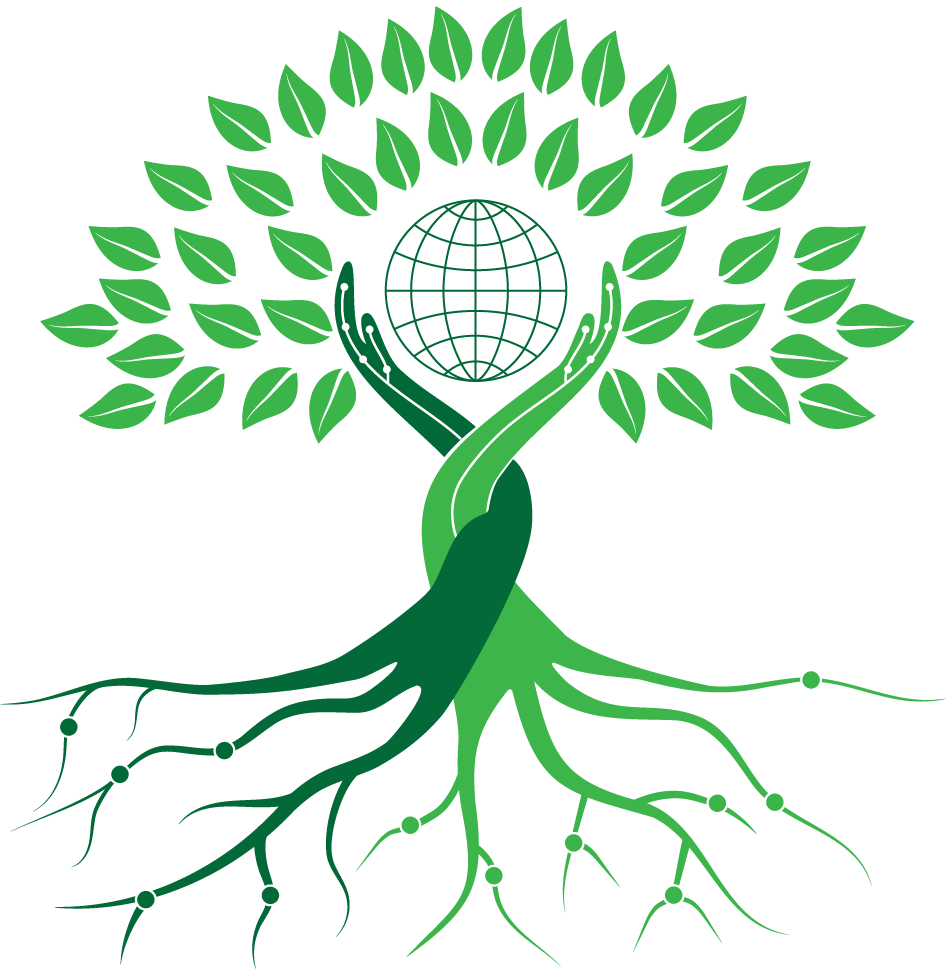LKN and the Sustainable Development Goals
- Jan Douglass

- Apr 25, 2022
- 4 min read
Like everyone, the pandemic forced me to do some unexpected things. Such as quickly converting the enhanced self-care training materials into a digital format in order to complete our commitments in Malawi, Nepal and Timor Leste.
It also crystallised my thinking on how I could reach as many people as possible with evidence based knowledge. I can see clearly now how we can harness existing networks to spread viral messages about lymphoedema self-care to people living in even the most remote villages.

The inability to travel also made me stop dreaming and take the laborious and tedious steps required to establish the LKN Foundation as a charitable organisation in Australia. We are now working on our strategic plan, seeking funding, and releasing whatever self-care videos and animations we can.
The LKN strategic plan will be guided by the underpinning principles of the UN Sustainable Development Goals (SDG).
If you are living in a high-income country you can be forgiven for not knowing anything about the SDGs as we can take many of them for granted. Briefly, the SDGs are a global partnership of 178 countries and provide a
"shared blueprint for peace and prosperity for people and the planet, now and into the future"
This extract from the Declaration gives a good overview, read more at the SDG website.
There are 17 SDGs and each Goal has a number of Targets and Indicators. SDG 3 - Good Health & Wellbeing has 13 Targets. The Targets which intersect with us as health sector professionals are -
3.3 - End the epidemics of AIDS, tuberculosis, malaria and neglected tropical diseases (NTD)...

3.8 - Achieve universal health coverage, including financial risk protection, access to quality essential health-care services and access to safe, effective, quality and affordable essential medicines and vaccines for all.

Target 3.c - Substantially increase health financing and the recruitment, development, training and retention of the health workforce... especially in least developed countries and small island developing States.

Other SDGs are also relevant to people suffering the devastating effects of LF and podoconiosis -
SDG 1 - No poverty, and SDG 2 - Zero hunger. People afflicted with debilitating secondary infections are frequently unable to contribute to family finances and lymphoedema is strongly associated with poverty in LF-endemic countries.
SDG4 - Quality education, and SDG 6 - Gender equality. Children are often kept home from school to look after adults with lymphoedema who are too unwell or disabled to be left alone and the burden of caregiving commonly falls to women and girls.
SDG8 - Decent work, and a productive working life. Unmanaged lymphoedema leads to debilitating secondary infections commonly known as acute attacks. Acute attacks cause more than pain and illness for the unfortunate sufferer, they have a negative effect on family members and the broader community too. If a large chunk of your village workforce are routinely out of action because they are either sick themselves, or caring for a sick person, that keeps the whole community in poverty.
SDG 6 - Access to water and sanitation. These are still big issues for many disadvantaged communities, and having enough clean water to wash your lymphoedema limbs is vital in preventing those debilitating secondary infections.
SDG 10 - Reduce inequality, and SDG 16 - Promote inclusive societies. These goals speak to the stigma, isolation and social exclusion experienced by so many people with lymphoedema. It is just as important for us to educate the broader community about the causes of lymphoedema and eliminate false beliefs such as witchcraft or god's punishment, as it is to teach people how to care for their affected body parts.
The remaining SDGs affect us all.
SDG 7 - Affordable, reliable, sustainable energy.
SDG 9 - Inclusive and sustainable industrialization, foster innovation.
SDG 11 - Inclusive, safe, resilient, sustainable human settlements.
SDG 12 - Sustainable consumption and production.
SDG 13 - Urgent action to combat climate change.
SDG 14 - Conserve oceans and marine resources.
SDG 15 - Protect and restore forests, reverse land degradation, halt biodiversity loss.
SDG 17 - Strengthen global partnerships.
People with debilitating chronic conditions deserve to be given evidence-based information to help them manage their disease in a way that allows them to make a valuable contribution to their family and community.
There is no lack of high level discussion and decision making about what should be done to address the public health issues around LF and podoconiosis. We have the WHO mandated Global Program to Eliminate Lymphatic Filariasis. The Roadmap for Neglected Tropical Diseases 2021–2030: Ending the neglect to attain the Sustainable Development Goals; the Rehabilitation 2030 initiative and the Global Disability Action Plan.
But we still need to do much more to translate all this high level talk into good quality information that can be placed in the hands of the people that really need it, and there's still a long way to go in addressing the ignorance, disability and stigma affecting people with lymphoedema everywhere.

LKN Foundation is dedicated to producing and developing evidence-based knowledge in lymphoedema self-care and delivering it wherever it is needed, with the aspirations of the SDGs to guide our actions.







Comments